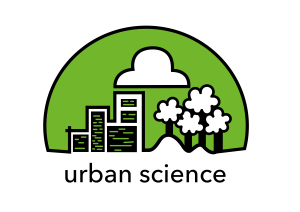Plastics
Plastic pollution has become one of the world’s most urgent environmental problems. The rapidly growing demand and production of plastic products has to contend with our inability to both understand how to utilise them during their whole life cycle and how to deal with plastic waste at the end of its productive life. Discarded plastic objects are often made up of plastic materials that cannot be recycled together. They need expensive and uneconomic processing. After recycling, the resulting ‘new’ plastic is often of a lower quality for which there is limited use.
Plastics are found across all environments and often in the form of small fragments. Plastic waste is now found in seas, oceans, soil and even in our most remote and wild places such as forests and glaciers. Plastic pollution is a threat to all ecosystems, and particularly for the survival of marine biodiversity. Turtles, seabirds and whales die because they mistake plastic for food. However, the conundrum is that it can be a brilliant resource: strong, light and flexible. How can we best ensure that it is used wisely and that we look at its whole life cycle? For these reasons many UK schools are considering becoming plastic free. This module can be used to guide students through the complex science issues and towards making informed plastic choices.
